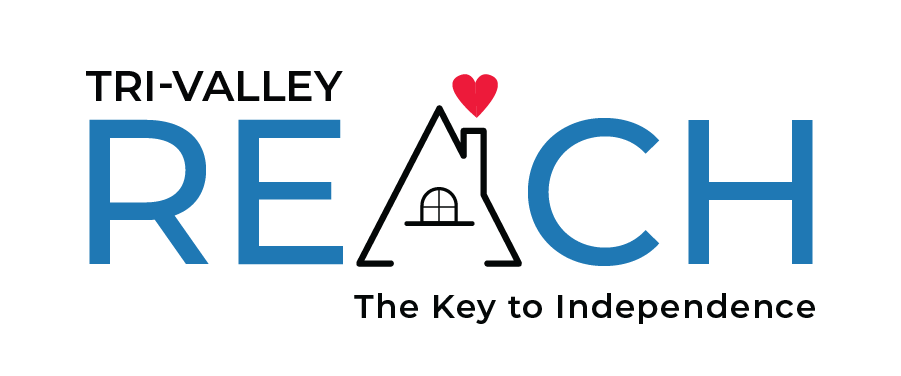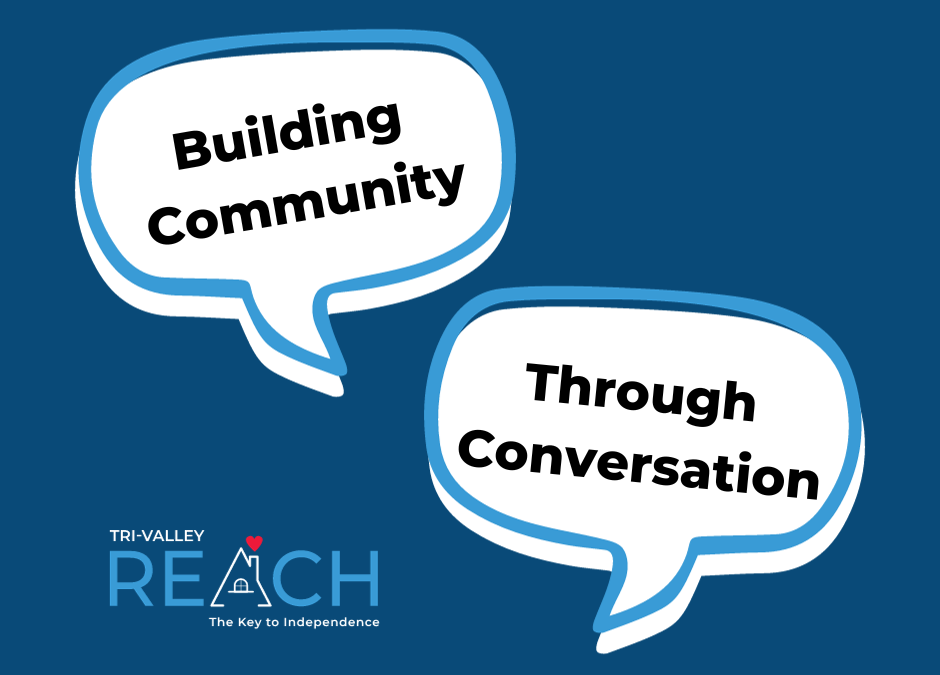The Problem with Functioning Labels
Functioning Labels
If you are reading this blog, you have likely heard of the labels “high functioning” and “low functioning” to describe the abilities of Neurodivergent individuals (including intellectual or developmental delay, Autism, Down’s Syndrome, etc.). You have also likely noticed that the spectrum of these abilities falls across a wide range within each individual disability and person, making them “generic” and non-specific. Because of this, there has been a movement away from using functioning labels as they are not an accurate description of someone’s true abilities and can, in reality, be harmful.

What is “Functioning?”
Do you ever have those days when you get up before your alarm and hit the ground running? You accomplish everything on your “to do” list and even manage to get in a workout or see a friend for coffee. The very next day, you hit the snooze button twice, cross off less than half of the items on your “to do” list, and order pizza for dinner because you just don’t have it in you to plan and cook dinner. Would this average out to “low functioning” altogether or would it mean that you are “high functioning” on Day 1 and “low functioning” on Day 2? Or would you just chalk your differences in ability levels up to your individual capacity on each particular day? When you look at it this way, it’s clear that we all experience day to day differences in our abilities and capacity to “function.” This is where functioning labels can be harmful: they assign labels to abilities that fluctuate from day to day for everyone, both Neurotypical and Neurodivergent individuals.
More Problems with Functioning Labels
- Functioning labels are arbitrary and are NOT a diagnostic tool. They are not included in the DSM-5.
- Functioning labels are misleading and reflect how the person’s disability affects society instead of how the person’s disability affects their life and daily functioning.
- High and Low functioning labels are outdated and stigmatizing. They date back to the 1980s when they were used to distinguish between Autistic individuals with and without intellectual disability. Categorizing individuals based on functioning further dates back to the mid-1800s (Howe, 1845), are based on the society and do not reflect modern conventions.
- Functioning labels imply that the disability is “linear,” while the truth is that a person’s needs will vary over time and within different environments and situations.
- Labeling others in this black and white manner can significantly impact how they are perceived by others, which can lead to negative effects on their ability to interact with others, secure employment, perform in an educational environment, and more.
- “Low functioning” is equated with a level of intelligence or being generally incapable.
- Individuals who do not communicate with spoken words are often categorized as “low functioning,” when in fact, speaking is not an indicator of intelligence.
Presume Competence
As discussed in the September 2023 blog, it’s easy to make assumptions about an individual’s ability to “function” by judging what we see on the outside. The problem with these assumptions is that they don’t take into account everything we can’t see. Honoring differences, presuming competence, and taking the time to get to know others is important and can help others learn to presume competence as well.
What can we do instead?
Many in the disabled community have expressed preference for the use of terms like “high level of supports/accommodations” and “low level of supports/accommodations” instead of functioning labels. Others have shared the preference of simply stating what their needs are without a “short-cut” label. For example, you could say “She needs significant support with feeding and dressing” or “He needs minimal support with finances and budgeting.”
When in doubt, just ask. Asking takes away the stigma of disability and banishes the “elephant in the room.” When we confront stigma head on, it retreats and leaves us with real, honest relationships and conversations. Let’s face it, we all need help in our lives, regardless of our level of ability. Reaching out to others and having those open conversations.
References
- https://www.mentalhelp.net/intellectual-disabilities/history-of-stigmatizing-names/
- https://transitionabilities.com/functioning-labels-why-they-are-harmful/
- https://theautisticadvocate.com/functioning-labels-why-you-shouldnt-be-using-them-thanks-a-bunch-terminology-dudes/
- https://autisticadvocacy.org/2021/12/functioning-labels-harm-autistic-people/
- https://autisticadvocacy.org/2020/05/asan-issues-joint-statement-on-universal-human-rights/
- Howe, S.G., On the the Causes of Idiocy, 1845

